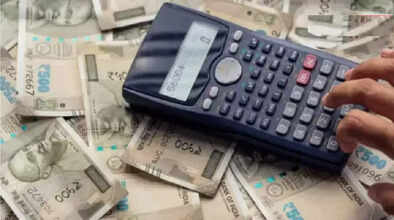How much cash can you keep at home? Determine the legal limit.

In this age of digitalization, everything is happening online. From shopping to payments, everything is done in just one click. However, many people still prefer cash for transactions.
Even though the world is moving towards digitalization, with everything from shopping to payments becoming online, many people still keep cash at home and use it for transactions. Now and then, news of Income Tax Department raids also comes to light. In such a situation, it's natural to wonder how much cash one can legally keep at home. Let's determine what the law states about this.
Is there a limit on cash storage?
The first important question is: Is there a legal limit on cash storage at home? In response to this question, let us tell you that the Income Tax Department has not set any limit on cash storage at home. Whether the amount is small or large, keeping cash is not illegal. The only condition is that there must be a legitimate source of income. If you can prove that the money kept at home is your salary, business income, or is part of a legal transaction, you can safely keep any amount at home. Problems arise when you cannot prove the source of income.
What does the Income Tax Act say?
Sections 68 and 69B of the Income Tax Act outline the rules regarding cash and property:
Section 68: If an amount is recorded in your passbook or cash book, but you are unable to explain its source, it will be considered unclaimed income.
Section 69: If you have cash or investments but are unable to account for them, it will be considered undisclosed income.
Section 69B: If you possess assets or cash in excess of your declared income but fail to disclose its source, you will be subject to tax and penalties.
If you fail to disclose the source...
If a large sum of cash is recovered from your home during an investigation or raid and you are unable to provide a proper explanation, the entire amount will be considered undisclosed income. In this situation,
You may be subject to a substantial tax.
A fine of up to 78% of the seized amount may be imposed.
If the department suspects tax evasion, a case may also be filed.

